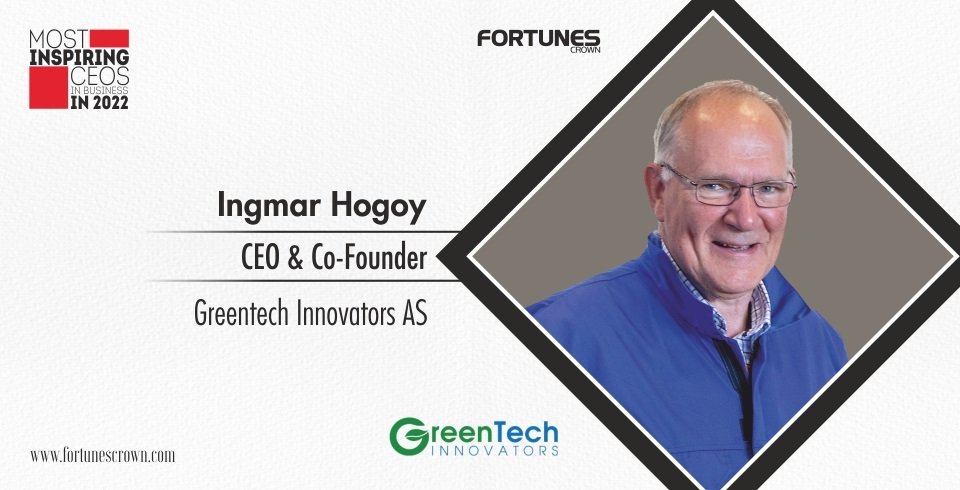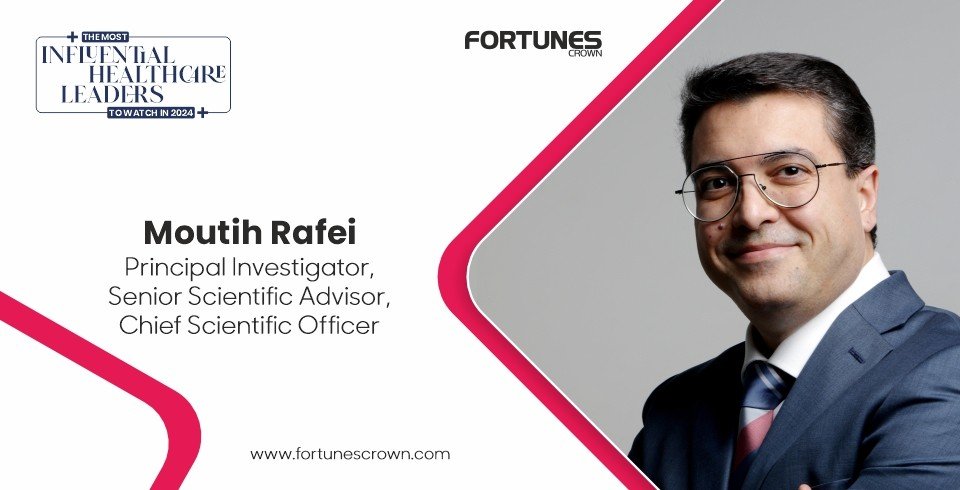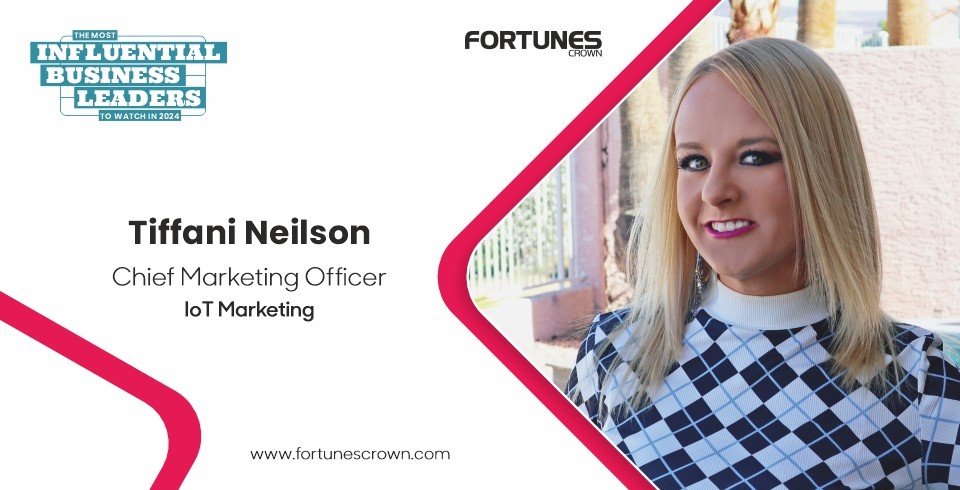Why is waste management of concern, especially food waste? Food waste is now a global issue. If not properly dealt with, it poses a threat to public health and the environment. It is a growing issue linked directly to the way society produces and consumes. We need to find new and more sustainable solutions adapted to our urban lifestyle where we can upcycle the recourses in food leftovers to feed.
Ingmar Hogoy, CEO and Co-Founder at Greentech Innovators AS, has the vision to produce more food to help people fight the food crisis. As an entrepreneur, he discovered a gap in waste management that triggered him to utilize waste from fisheries and aquaculture and develop new products such as feed, special feed, and proteins for human consumption.
We at Fortunes Crown got into an interview to know more about Mr. Hogoy and his impact on food waste management. Let’s have a look!
Please tell us about your educational/professional background. Who inspired you to become a business leader? Would you like to mention some of the highlights from your journey?
I have had a passion for fisheries and aquaculture since I was a kid ad when I was 12, I started experimenting with microalgae in an aquarium using fertilizer for growth. I made a small pond and was catching wild trout fry for farming. When I was 15 years old, I started fish farming with rainbow trout in a homemade fish cage. My goal has never been to be a business leader as such, but my vision was to contribute to producing more food for a growing population and the answer to more food production is in the ocean. My inspiration has been the scientist Dr. Norman Borlaug who got the Nobel Price in 1970 and the book “The man who fed the world” describes the “Green revolution” and how it was possible to increase food production through modern and scientific agriculture methods. Aquaculture has the same potential for the “Blue revolution” and increasing food production from the ocean.
My passion for aquaculture has led to several projects and positions in the whole aquaculture value chain through research, product development, processing, and sales. In the early stage of the Norwegian salmon industry, I was working in a salmon processing plant when I realized that there was no waste management solution for processed by-products like viscera and bones. This became an environmental problem. I found that the rest raw material from processing was a valuable resource containing high-quality protein and oil – left unutilized. I was hired at a pioneering company and built up a factory for processing the rest raw materials from the salmon industry into fish protein and oil as feed. Ever since, I have been dedicated to the circular economy, utilizing waste from fisheries and aquaculture by developing new products such as feed, special feed, and proteins for human consumption. The utilization of the rest raw materials from fisheries and aquaculture is now a large and profitable industry in Norway.
When was Greentech Innovators AS established? What are the prominent services/solutions offered by the company?
On my daily travel from home to work I met the trucks loaded with food waste going for incineration and the only result was GHG emission and pollution from the chimney. Through my experience with aquaculture and by solving the challenges of by-products from aquaculture and fisheries, I realized that we still have environmental challenges with food waste.
In 2018, we established Greentech Innovators and the subsidiary Algaepro. The idea was to find more sustainable solutions to organic waste like food waste. The environmental challenges with today’s waste management solutions became more and more obvious.
Please tell us about the services/products your company is offering? How are they different from your competitors’ offerings?
Headquartered in Bergen, Norway, Greentech Innovators uses biotechnology for converting food waste into growth media for microbes and microalgae for the production of omega-3 and protein as sustainable feed for the aquaculture industry. We are upcycling food waste to feed. And our customers are waste management companies that need more sustainable solutions according to new regulations. We can offer feed producers more sustainable omega-3 and protein.
Please brief us in detail about the current scenario of the business. How have the customer preferences changed over the years?
During the last decade, it has become more and more obvious that we need to find more environmentally friendly ways of living. This includes the development of new and more sustainable waste management as all the commonly used solutions like landfills, incineration, composting, and biogas production are contributing to greenhouse gases and pollution of water and air. Political, social, and regulatory pressure to reduce greenhouse gases and go for more circular solutions is a driving force for our solution.
It is also a global demand for new feed for the growing aquaculture industry. To continue growing, new and sustainable feed sources substituting fish meal and oil and soy in aquaculture feed must be developed.
It is not sustainable to use 30% of global fish sources that can be used for direct food consumption as feed. Our solution uses something that we have too much of, food waste, to produce something in global demand like omega-3 and protein.
What are the unique challenges your company is currently facing? How have they affected your company?
Like many early-stage companies, we were also affected by the covid situations. Equipment that was normally no problem to get was in demand, and the whole process took more time and the education of employees was delayed because of restrictions. The largest challenge, however, was that investors became more risk reluctant, and it was hard to get equity for expansion and scaling of our innovative solution producing more food and at the same time reducing GHG emissions and pollution of water and air.
What measures do you incorporate to ensure motivation and productivity within the workspace? How do you respond to criticism and disagreements?
Internally within the team we are open-minded and have good discussions. In a startup with limited resources, both financially and labor capacity, we must prioritize the task and which is sometimes challenging and results in hard prioritizing of all the tasks we want to do. In our organization, it is acceptable to fail and learn from it.
What measures do you undertake to ensure optimum customer satisfaction? How much impact does the customer feedback have on the company’s strategies?
It is important to be in good dialogue with customers and document the value of the products to customers.
Are you planning to launch any new products/services or advancements to your existing offerings? If so, we would like to know about it.
First, we are planning to scale our circular waste solution to be an international solution that can support governments, waste management companies, and feed producers to reach their goals of more sustainable solutions. Our solution can be adapted to a variety of end products, but we are focusing on the production of seafood for the growing populations and at the same time reducing GHG from traditional waste solutions.




